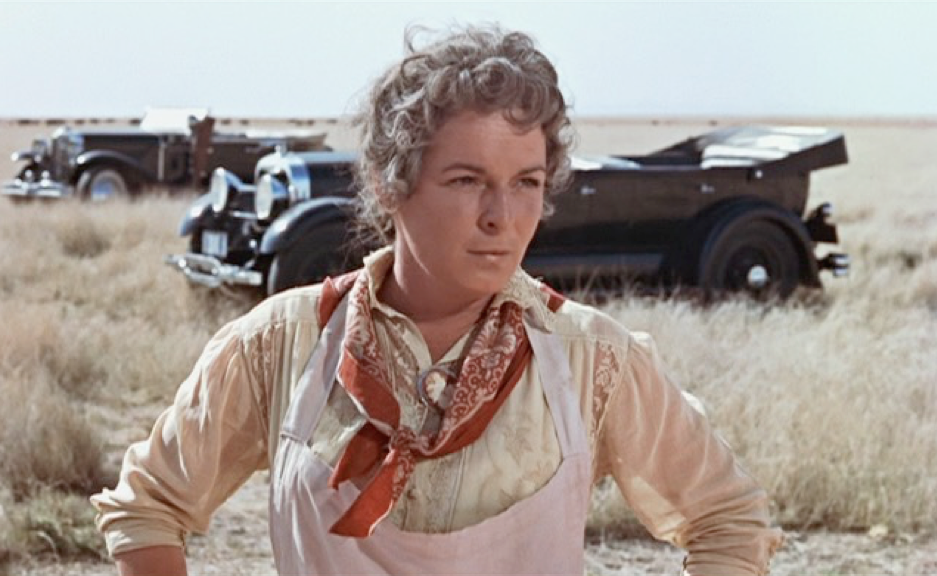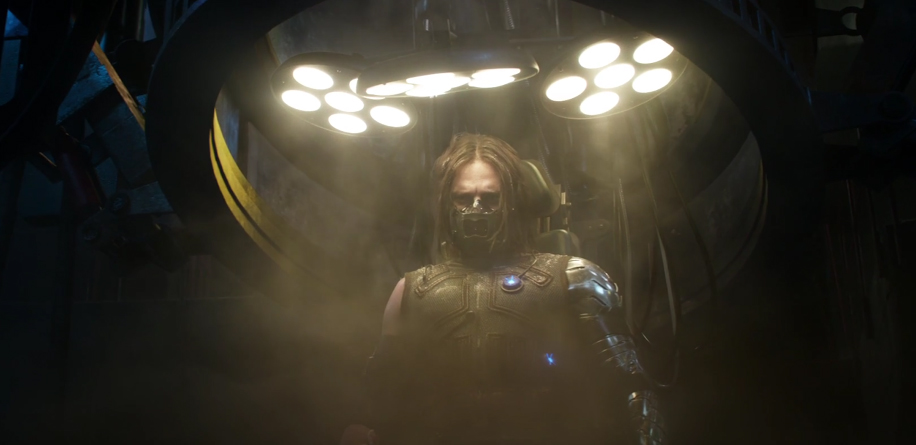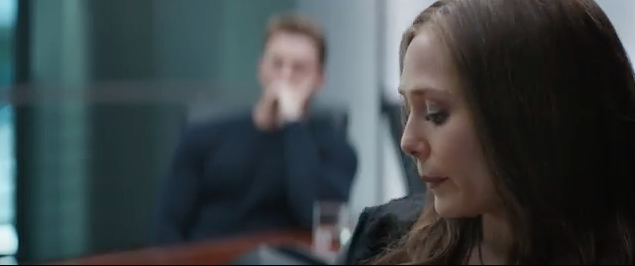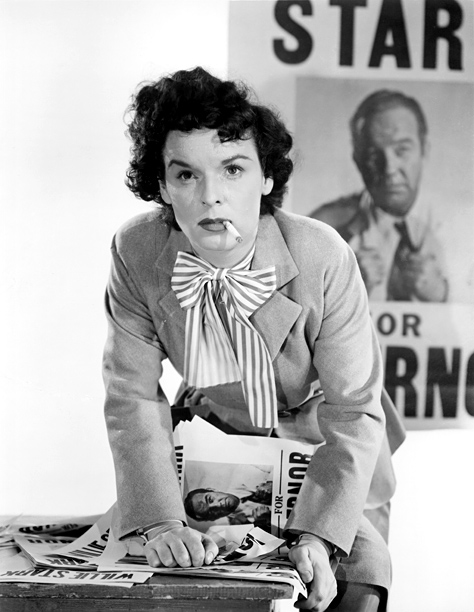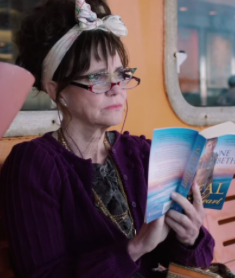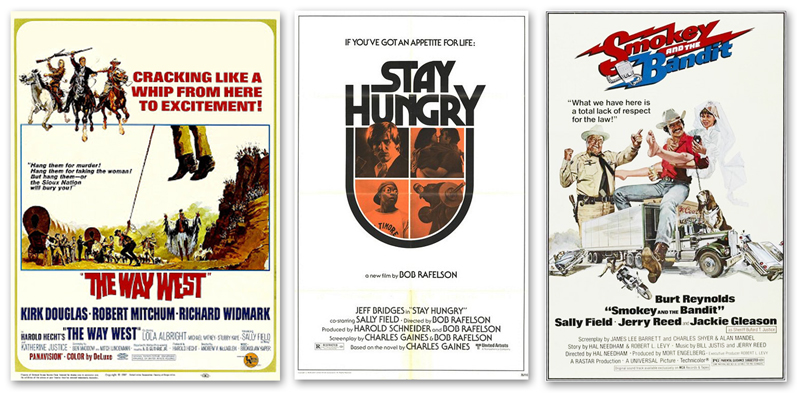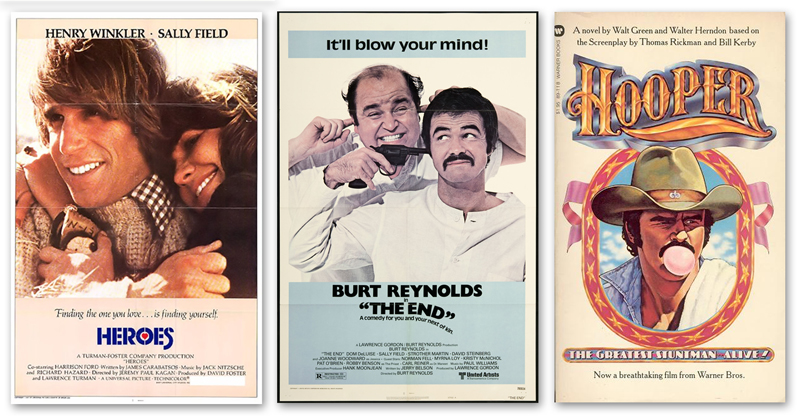Mercedes McCambridge: Giant (1956)
 Saturday, March 12, 2016 at 12:12PM
Saturday, March 12, 2016 at 12:12PM 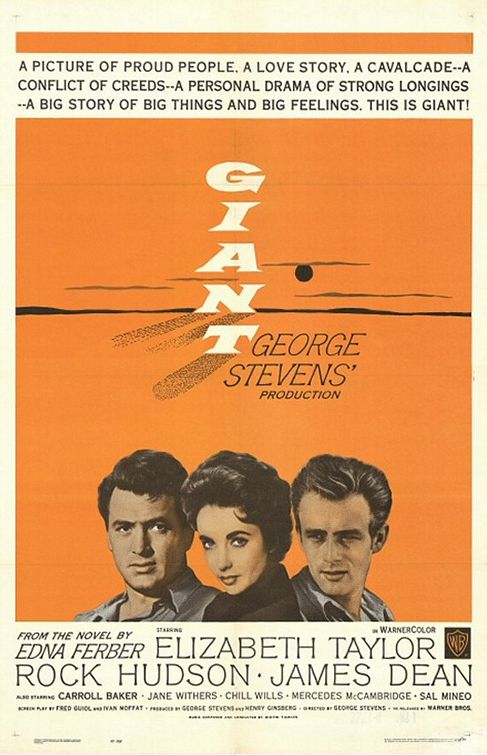 Our second chapter of the Centennial Mercedes McCambridge celebration is also the second time Oscar celebrated her. She received her second and final nomination in Best Supporting Actress for Giant, a massive epic about social discrimination affecting a wealthy Texas ranching family. Here she's playing opposite massive stars Elizabeth Taylor, Rock Hudson, and James Dean (his final performance), but McCambridge still lingers over the film after her staunch matriarch Luz Benedict departs. She has perhaps only twenty minutes of screentime at the start of the film's sprawling length, it's a brief performance that the actress makes both broad and oddly complete.
Our second chapter of the Centennial Mercedes McCambridge celebration is also the second time Oscar celebrated her. She received her second and final nomination in Best Supporting Actress for Giant, a massive epic about social discrimination affecting a wealthy Texas ranching family. Here she's playing opposite massive stars Elizabeth Taylor, Rock Hudson, and James Dean (his final performance), but McCambridge still lingers over the film after her staunch matriarch Luz Benedict departs. She has perhaps only twenty minutes of screentime at the start of the film's sprawling length, it's a brief performance that the actress makes both broad and oddly complete.
You might call her performance wooden or inexpressive if you've never experienced this kind of woman in real life. The stoic inexpressiveness and static undercurrent of rage is eerily familiar if you're accustomed to this brand of southern woman, one who has been toughened up by a man's world and educated to hate. McCambridge respects the deliberate unknowability with which Luz wants to greet the world - this is a woman who has thrived on not letting anyone in to subvert her authority. She wears Luz's hatred (and self hatred?) like an impenetrable shield of armor, as her eyes offer the only suggestion of more brewing underneath the facade. More...



